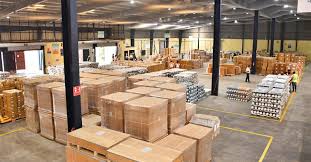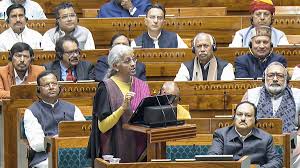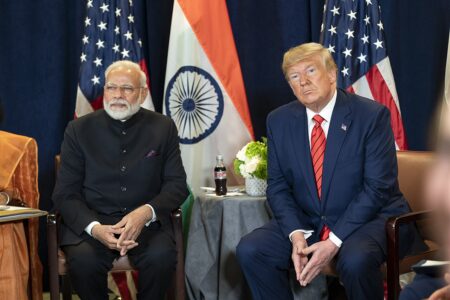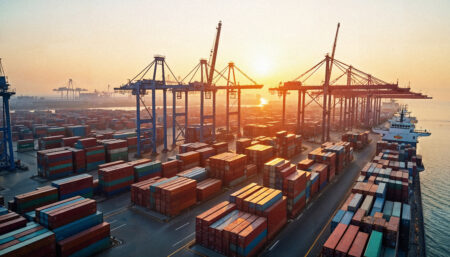India’s logistics sector, poised for a transformative leap, is embracing cutting-edge technologies and sustainable practices to forge a robust, globally competitive trade ecosystem.

India is shaping a logistics network that is both efficient and sustainable
Saiba Suri, Country Customer Fulfilment Manager, IKEA India, advocates for the swift adoption of Logistics 4.0, emphasising the transformative power of AI, data analytics, and automation. “These technologies change the way supply chains operate globally,” she asserts, highlighting their potential to optimise routes, predict demand, and slash costs. She praises India’s strides in warehousing, particularly the focus on sustainable practices and certifications like LEED and IGBC. “India has so far spearheaded the implementation of sustainable logistics practices,” she notes, citing IKEA’s significant expansion of its electric vehicle (EV) fleet as a tangible example of this commitment. This dual focus on technological advancement and environmental responsibility positions India to lead in the global logistics arena.
Connectivity focus
Suri identifies the seamless integration of diverse transport modes as a critical area demanding immediate attention. “Seamless integration of transport modes—ports, rail, and road—will only further the growth in this sector,” she emphasises. “Smart automated systems, as well as digital tracking technology, can greatly aid in route planning,” she adds, stressing the necessity of adopting intermodal approaches to boost efficiency and sustainability. She advocates for stronger links between ports, warehouses, and last-mile delivery to streamline operations and reduce bottlenecks. This holistic approach to connectivity is essential for India to compete effectively in the global market.
Sustainable practices
Suri highlights India’s progressive efforts to balance smart efficiency with green practices. “India is shaping a logistics network that is both efficient and sustainable,” she states, underscoring the nation’s commitment to reducing its environmental footprint. She points to the increasing adoption of smarter, more connected supply chains, the use of solar power in warehouses, and the growth of cleaner transport as key drivers of this shift. “As cleaner transport and digital logistics grow, India is building a future-ready supply chain,” she concludes, highlighting the sector’s dedication to environmental stewardship without compromising on operational efficiency. This balance is crucial for maintaining global trade competitiveness while adhering to evolving sustainability standards.
Gati Shakti impact
“The PM Gati Shakti initiative is a major step toward transforming the future of logistics,” she asserts, recognizing its potential to significantly enhance India’s position in global trade. She anticipates a substantial reduction in logistics costs, currently a significant portion of India’s GDP, and improved last-mile connectivity. “It seeks to create a seamless logistics ecosystem,” she explains, emphasising the initiative’s role in making Indian exports more competitive and attracting foreign investment. She underscores the importance of sustained policy support, efficient execution, and industry-wide adoption to ensure the initiative’s long-term success and to position India as a global logistics hub.
Career evolution
Suri’s unplanned logistics journey via Maersk ignited a lasting career. The dynamic industry, global impact, and sustainable supply chains inspired her. Intellectual stimulation and tangible change motivated her. Her career highlights the unexpected paths that can lead to impactful contributions.











